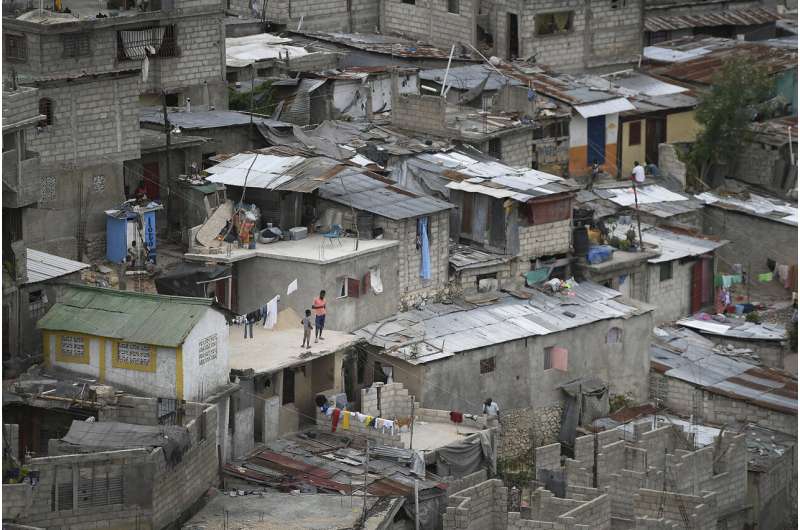
Haiti on Wednesday received its first coronavirus vaccine since the pandemic began, welcoming 500,000 doses as the country battles a spike in cases and deaths.
The Pan American Health Organization said the United States donated the doses via the United Nations’ COVAX program for low-income countries.
Spokeswoman Nadia Peimbert-Rappaport told The Associated Press that the shipment was Moderna vaccine.
“The arrival of these vaccines is quite promising and now the challenge is to get them to the people that need them the most,” the regional health agency’s director, Dr. Carissa Etienne, said in a statement.
The doses will be administered for free, said Dr. Marie Gréta Roy Clément, Haiti’s minister of public health and population.
“This first allocation of vaccines puts an end to a long period of waiting, an end to a long period of waiting not only for the Haitian population but also for the people of the region who were very concerned that Haiti was the only country in the Americas that had not yet introduced the COVID 19 vaccine,” she said in a statement.
Haiti has reported more than 19,300 confirmed coronavirus cases and more than 480 deaths as it fights a wave of COVID-19 cases that has forced hospitals to turn away patients. Experts believe those numbers are widely underreported since there is scant testing in Haiti, which has more than 11 million people.
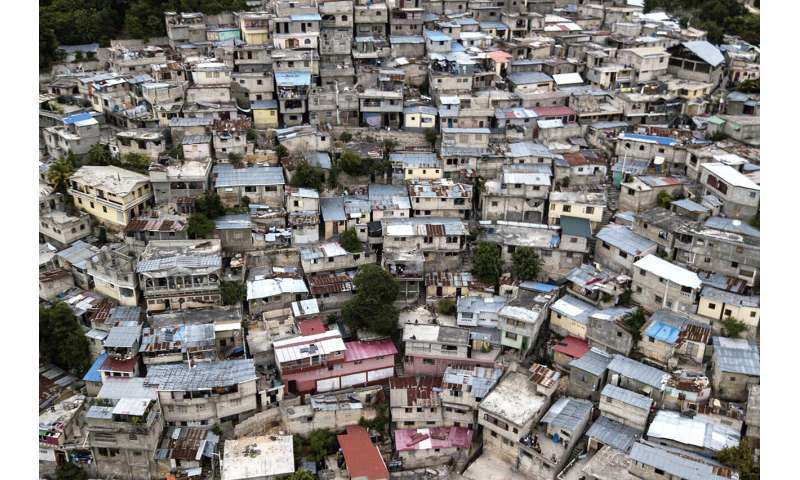
Some 756,000 doses of AstraZeneca shots had been slated to arrive in May via the COVAX program but were delayed given the government’s concern over possible clotting as a side effect and a lack of infrastructure to keep the vaccines properly refrigerated.
The Pan American Health Organization has said it would help Haiti’s Health Ministry solve those problems and would prioritize vaccinating health workers.
It was not immediately known when inoculations would begin and where.
Experts have previously warned of potential problems that could complicate vaccination efforts, including a surge in gang violence that has people afraid to leave their homes or travel to certain areas because they fear for their lives.
Haiti also is now reeling from the July 7 assassination of President Jovenel Moïse.
Moïse had declared a health emergency on May 24 and imposed a curfew and safety measures, including mandating the use of face masks when entering businesses. But few Haitians are following the measures while buying groceries in bustling marketplaces or riding in crowded colorful buses known as tap taps.
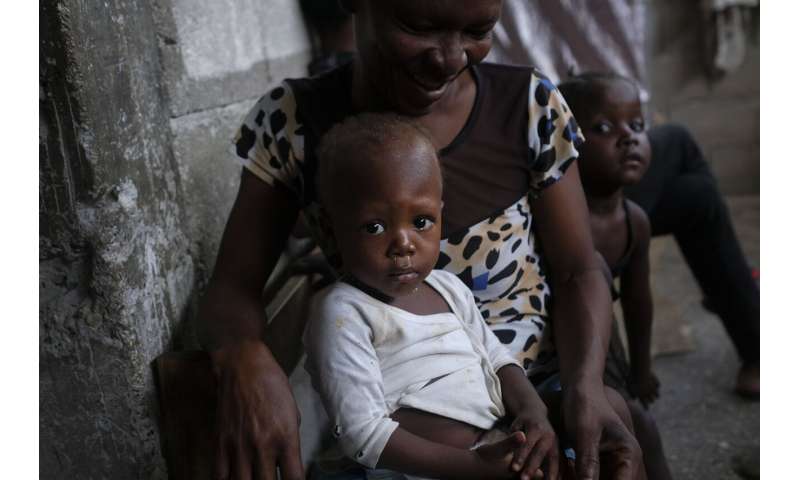
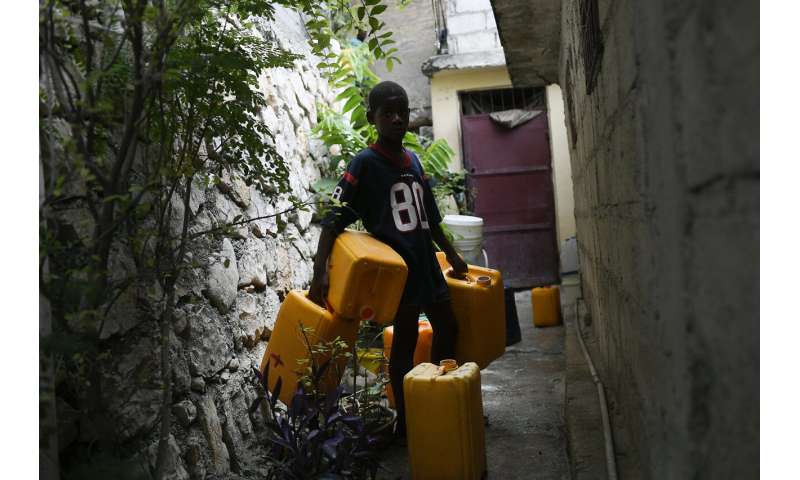
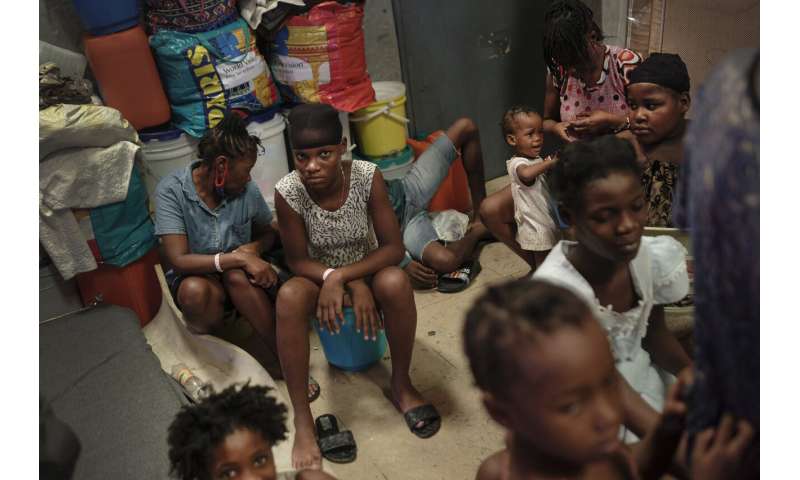
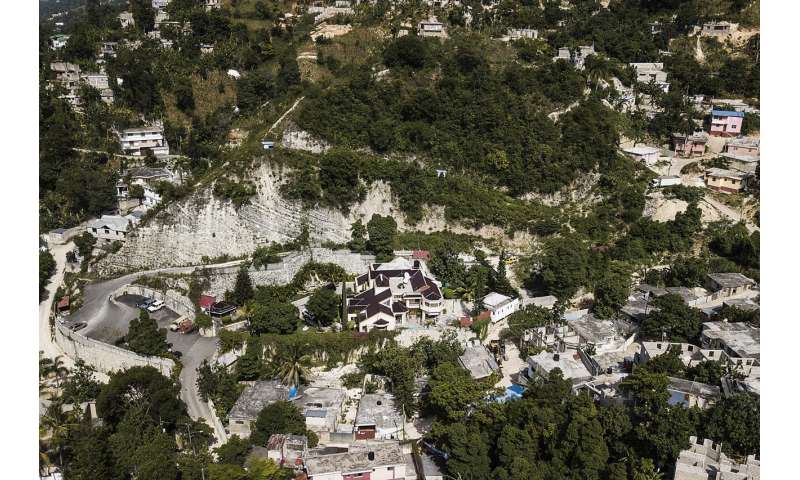
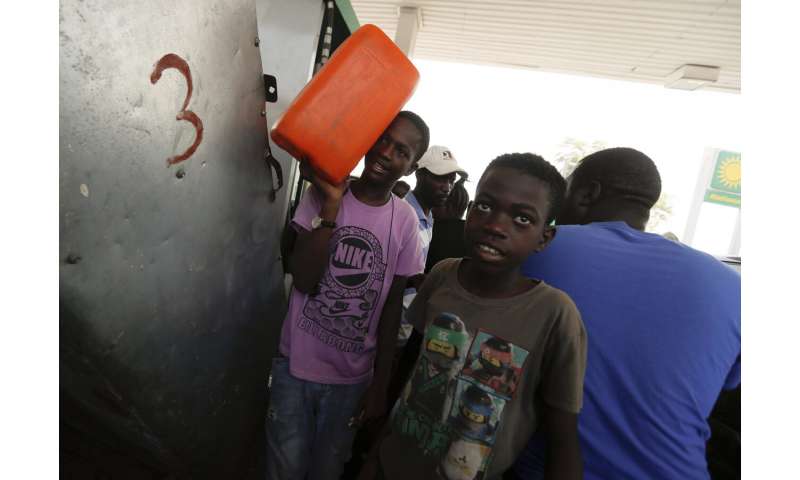
Last month, the nonprofit St. Luke Foundation for Haiti said the country’s insecurity was interfering with oxygen being imported as a liquid, then being converted to gas and delivered.
Source: Read Full Article


